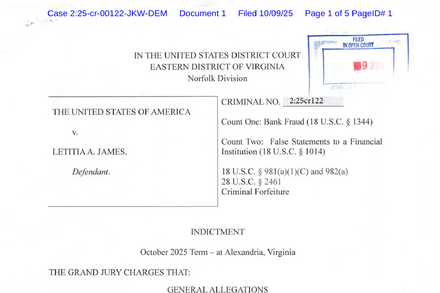As the potential for a federal government shutdown looms, public attention often turns to the status of critical services and benefits. While a shutdown can disrupt many non-essential government operations, several key federal functions and benefit programs are designed to continue, often due to their essential nature, independent funding, or mandatory spending classifications.
During a lapse in appropriations, agencies categorize their employees and functions as either “essential” or “non-essential.” Essential personnel are generally those whose work involves the safety of life or property, or those who are funded through sources other than annual appropriations. This distinction dictates which services persist without interruption.
Continued Essential Services
Among the services typically deemed essential are those related to national security and public safety. This includes military personnel on active duty, who continue their operations and receive pay, though often with delays. Law enforcement agencies, such as the Federal Bureau of Investigation (FBI), Border Patrol, and federal prison staff, continue their duties. Air traffic control, critical for national and international travel, also remains fully operational.
Healthcare services provided by federal institutions, such as Veterans Affairs (VA) hospitals and clinics, generally continue to provide direct patient care. Emergency medical services funded or operated by federal agencies also remain active.
Federal Benefits Remain Largely Unaffected
Recipients of major federal benefits programs can typically expect their payments to continue without disruption. Social Security benefits, Medicare, and Medicaid payments are generally considered mandatory spending, meaning they are funded through permanent appropriations that do not require annual congressional approval. As such, these payments continue to be processed and distributed on schedule.
Similarly, benefits for veterans, including disability compensation and pensions, are largely protected during a shutdown. Food stamps (Supplemental Nutrition Assistance Program – SNAP) are also generally maintained, though the program’s long-term funding during an extended shutdown can sometimes necessitate contingency plans.
U.S. Postal Service and National Parks
The U.S. Postal Service (USPS) operates independently of congressional appropriations, relying on its own revenue from postage and other services. Consequently, mail delivery and post office operations are unaffected by a federal government shutdown.
The status of National Parks can vary. While some essential staff, such as law enforcement rangers, may remain on duty, many visitor centers, campgrounds, and non-essential services typically close. Access to some parks or specific areas within them may be curtailed or entirely restricted to ensure public safety and protect park resources without sufficient staffing.
In summary, while a government shutdown can create uncertainty and inconvenience, core functions related to national security, public safety, and mandatory federal benefit payments are typically designed to continue, minimizing direct impact on the most critical aspects of federal governance and citizen support.
Source: Read the original article here.





